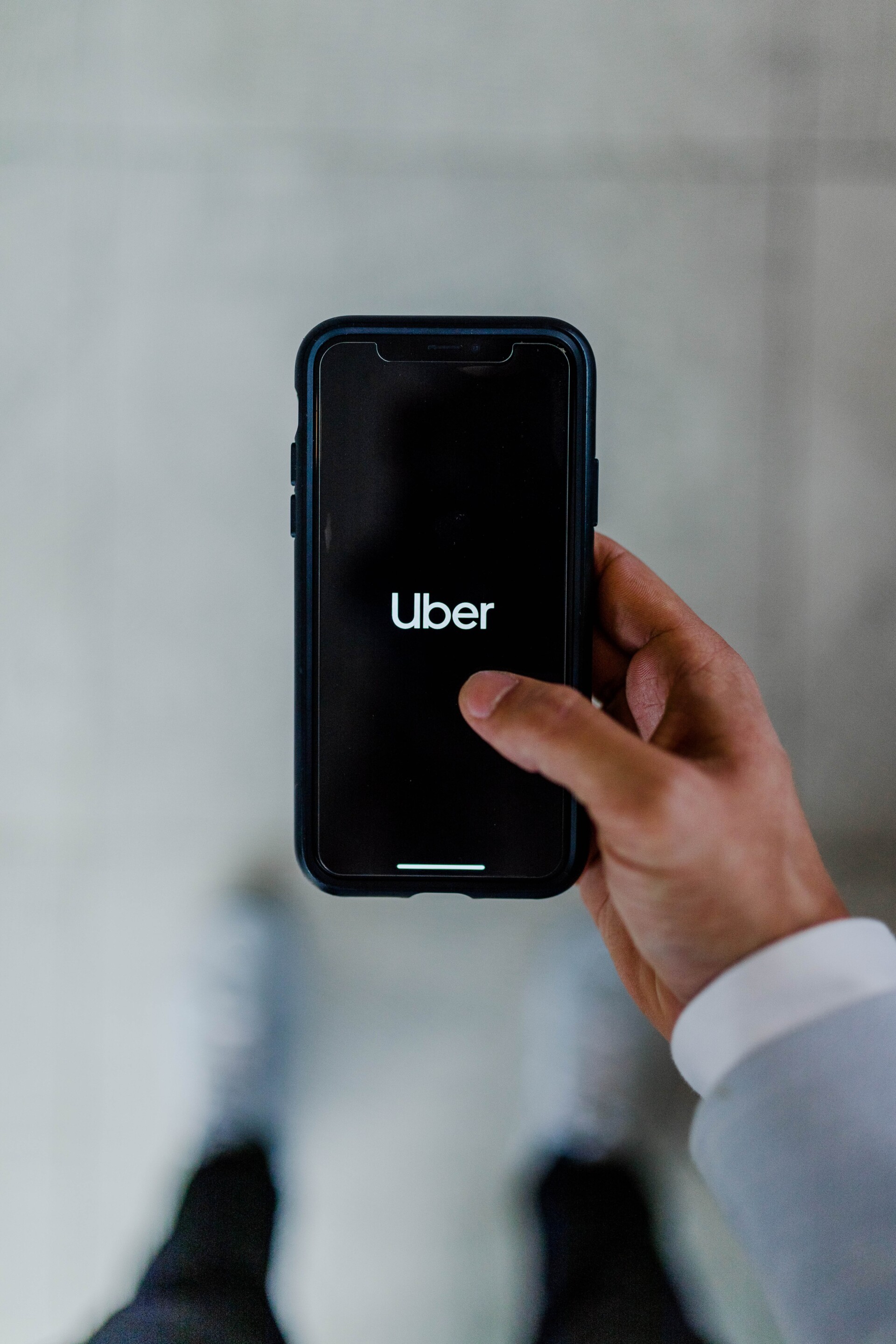We talked about this on the show this week and how Uber says that they are not responsible when a driver does something shady or against the law. Here is the story we talked about and a discussion below:
Uber’s Legal Stance on Driver Misconduct: Navigating Liability in the Rideshare Industry
Uber, a pioneer in the rideshare industry, has consistently maintained that it is not legally responsible for the actions of its drivers, citing their classification as independent contractors. This position has significant implications for both passengers and drivers, especially in cases involving accidents or misconduct.
Independent Contractor Classification
Central to Uber’s legal stance is the classification of its drivers as independent contractors rather than employees. This distinction allows Uber to argue that it is not vicariously liable for drivers’ actions. In a notable case, a court held that Uber could not be held vicariously liable for the alleged sexual misconduct of its driver, emphasizing the independent contractor status of the driver. citeturn0search8
Driver Liability in Accidents and Misconduct
When an Uber driver is involved in an accident or engages in misconduct, the driver may be held personally liable for their actions. For instance, if a driver’s negligence, such as distracted driving or driving under the influence, leads to an accident, they can be sued directly for damages. citeturn0search3
In cases of intentional misconduct, such as assault, the driver bears primary responsibility. However, the driver’s personal insurance may not cover incidents that occur during rideshare activities, complicating the compensation process for victims. citeturn0search5
Uber’s Potential Liability
While Uber distances itself from direct liability, there are circumstances where the company could be held accountable. If it can be demonstrated that Uber was negligent in hiring, supervising, or retaining a driver known to be dangerous, the company may face liability claims. For example, if Uber failed to conduct adequate background checks or ignored reports of a driver’s misconduct, it could be deemed negligent. citeturn0search7
Recent legal developments suggest a shift towards holding Uber more accountable. A ruling allowed passengers to pursue claims against Uber for negligent hiring, supervision, and retention of drivers, indicating that courts may be more receptive to arguments that challenge Uber’s non-liability stance. citeturn0search9
Challenges for Victims Seeking Compensation
For victims of driver misconduct or negligence, obtaining compensation can be challenging. The independent contractor model complicates the assignment of liability, often leaving victims to pursue claims against individual drivers who may lack sufficient insurance coverage or assets. This situation underscores the importance of understanding the legal landscape and the potential hurdles in seeking redress.
Conclusion
Uber’s assertion of non-liability for driver actions is rooted in its classification of drivers as independent contractors. While this stance provides the company with a degree of legal protection, evolving legal interpretations and recent rulings indicate that Uber’s liability in cases of driver misconduct or negligence remains a complex and developing area of law. Both passengers and drivers should stay informed about these legal nuances to understand their rights and responsibilities within the rideshare ecosystem.

